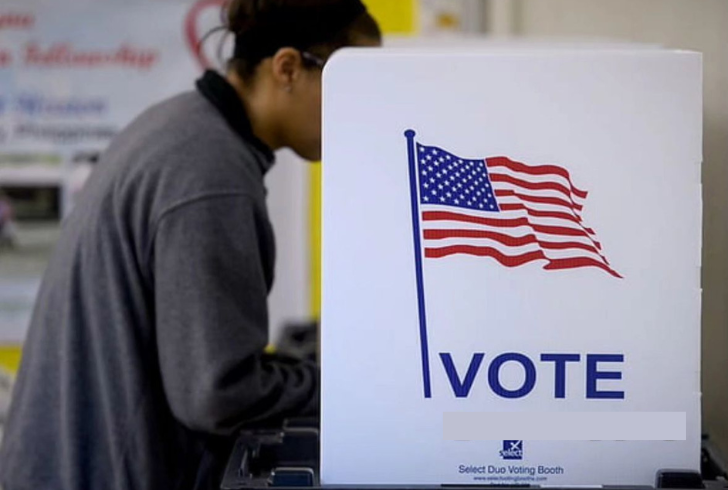Recent findings by Microsoft have unveiled troubling activities by Iranian hackers targeting U.S. election websites. These state-sponsored actors are believed to have conducted reconnaissance on election-related platforms across various swing states, potentially seeking vulnerabilities to exploit during the upcoming presidential election. This alarming trend underscores the persistent cybersecurity threats that elections face, especially as political tensions rise globally.
Unveiling the Reconnaissance Operations
The investigations reveal that these Iranian hackers began probing election websites back in April, though the details were only brought to light recently. Microsoft’s analysts noted that these activities included not only the examination of electoral sites but also reconnaissance of major media outlets in the U.S. during May. The implications of such actions are significant, raising concerns about foreign interference in American democratic processes.

apnews.com | Chris Krebs noted that Iranian activity is likely to intensify as the election approaches.
U.S. intelligence agencies have recognized that Iran's strategy may involve sowing discord as the 2024 elections approach. This strategy appears to be a multi-faceted approach, encompassing hacking attempts on political campaigns and efforts to incite public unrest over U.S. foreign policy decisions, particularly regarding Israel.
Assessing the Risks
Despite the Iranian hackers' activities, officials have stated that there is no evidence to suggest that these probing actions have escalated to actual cyberattacks on election systems. Their exploration is primarily focused on identifying weaknesses, rather than executing direct hacks. Thankfully, the integrity of voting is bolstered by numerous safeguards and protocols designed to protect against unauthorized access.
Nonetheless, the broader concern lies in the potential for misinformation campaigns that could arise from these reconnaissance efforts. For example, hackers may choose to leak publicly available voter registration data, aiming to create fear or uncertainty among the electorate about the security of their voting systems.
The Response from Officials
The Iranian government has dismissed these allegations, claiming that they are unfounded and lack credibility. They assert that Iran does not interfere in the internal affairs of the United States. However, this denial comes amid growing evidence of persistent cyber threats linked to Iranian state actors.
U.S. intelligence has also indicated that Russia and China are similarly engaged in activities designed to disrupt the electoral process. Reports suggest that Russian operatives have attempted to spread disinformation, with tactics that include viral audio content aimed at damaging the reputations of key political figures. Such activities underscore the multifaceted nature of foreign interference in elections, with various nations employing a range of strategies to influence outcomes.
Historical Context of Iranian Interference

Instagram | awesomness_is_here_ | During the 2020 presidential election, Iranian hackers impersonated far-right groups to intimidate voters and sway public opinion.
The group of Iranian hackers involved in these recent activities has a documented history of attempting to disrupt elections. In the 2020 presidential election, for instance, they posed as members of far-right groups, attempting to intimidate voters and manipulate public perception. Previous attempts included probing election-related sites and accessing voter registration data, which were part of broader efforts to undermine the electoral process.
Their track record of interference raises serious concerns for the upcoming elections, particularly given the volatile nature of contemporary geopolitics. Cybersecurity experts emphasize the need for heightened vigilance as the election date approaches, anticipating a spike in activity from Iranian hackers and other foreign groups.
Moving Forward with Caution
Chris Krebs, former head of the Cybersecurity and Infrastructure Security Agency, highlighted the likelihood of increased Iranian activity as the election draws closer. He suggested that while the effectiveness of such operations may be questionable, the volume and persistence of attempts to influence American elections warrant attention.
Krebs urged voters to brace themselves for a challenging information landscape in the coming months. The noise generated by these foreign interference efforts can be disorienting, and it's essential for the electorate to maintain perspective amidst the chaos.
The threat posed by Iranian hackers, along with other foreign actors, remains a pressing concern for U.S. elections. As vulnerabilities are explored and misinformation campaigns are potentially launched, the imperative for robust cybersecurity measures and informed citizenship has never been clearer. Understanding the dynamics at play can empower voters to navigate the complexities of modern electoral politics with greater awareness and resilience.








